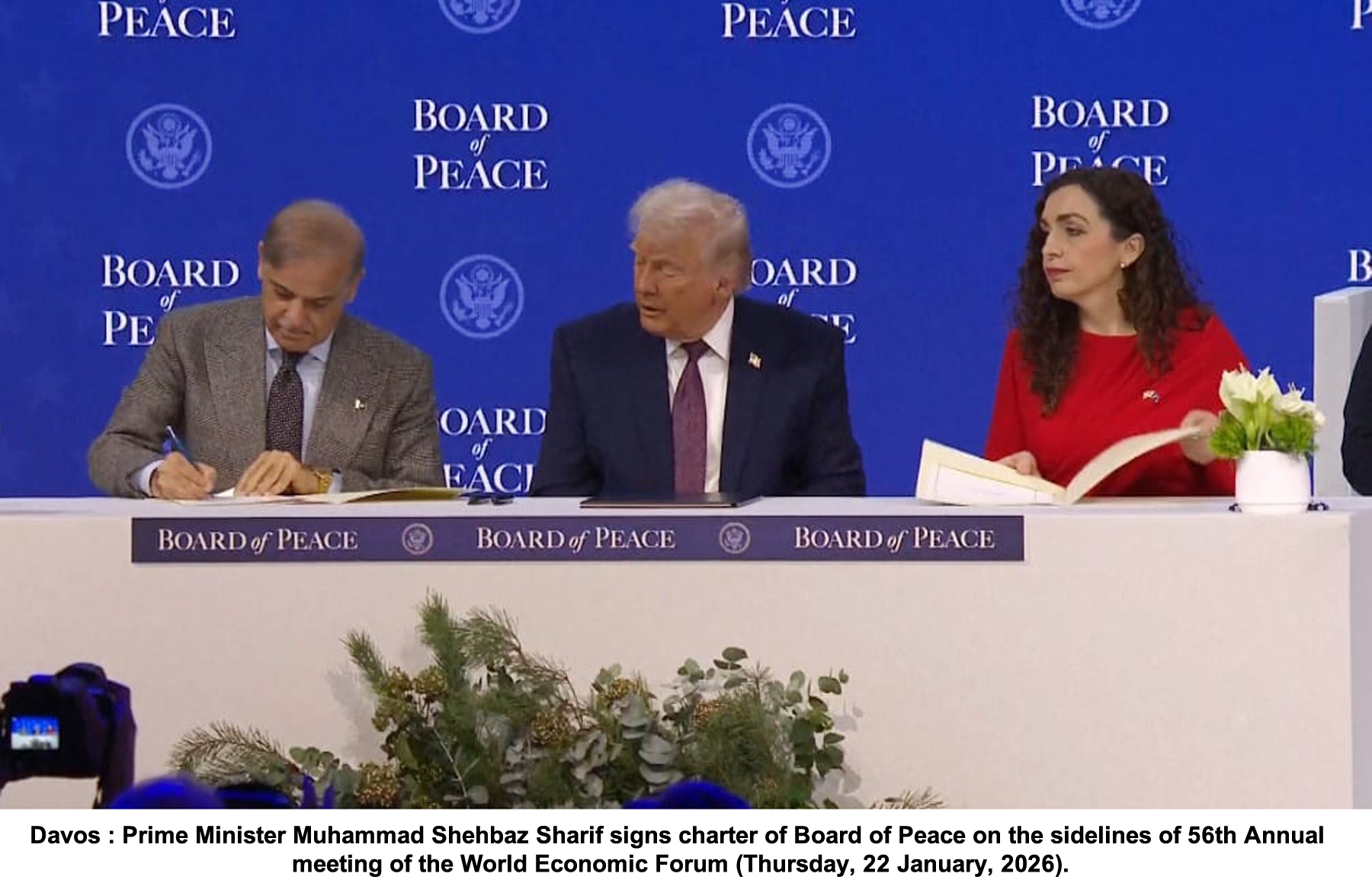ISLAMABAD: Prime Minister Imran Khan on Tuesday said that in the absence of a “tax culture” in Pakistan, the very country’s sustainability is at stake. His remarks came during the launch ceremony of the Federal Board of Revenue’s Track and Trace System for the sugar industry. Hailing the introduction of the system, which he observed had been a struggle by the FBR since 2008, the prime minister said that it had already been rolled out for the tobacco industry and would now extend to the sugar industry as well.
He said there are plans to implement it for the cement, fertiliser and in the rebar (iron bars used to reinforce and strengthen concrete) sectors. The premier said this positive development today will have “far reaching consequences”. Speaking of the challenges Pakistan faces, he said the foremost issue that the government has to deal with is that “it does not have enough money to run the country, which is why we have to take loans”.
He likened the situation to a household which continues to struggle due to financial constraints and never is able to advance since it never has enough savings to invest in the future. PM Imran Khan said that in Scandinavia, the tax-to-GDP ratio is 50%, whereas in Pakistan, “a tax culture was never created”. He said that evading tax was “never considered to be a bad thing”.
The Prime Minister said that the introduction of track and trace system was a big and positive achievement, which will have far-reaching impact. According to details, the FBR’s track and trace system will ensure electronic monitoring of the production and sale of important sectors like tobacco, fertilizer, sugar and cement. With the electronic monitoring of goods’ movement from production to the use of consumers, the track and trace system besides increasing country’s revenue will also help ensure transparency and check the pilferage of taxes. After the implementation of track and trace system in tobacco sector, the FBR was now going to introduce this system in sugar sector, which will follow the implementation of electric monitoring of other sectors as well.
Under the new system, no sugar bag can be taken out of the production site, factory and manufacturing plant without stamp and individual identity mark. The FBR was also planning to implement the new system in beverages and petroleum sectors. The Prime Minister said that with a reasonable tax-to-GDP ratio in the West and highest in Scandinavian countries, Pakistan could not promote the tax culture due to different reasons including the aristocratic lifestyle of the ruling elite in the past, which shattered the confidence of taxpayers in governments.
Prime Minister Khan said that with focus on increasing investments in export industry for creating employment opportunities, the government was taking steps on priority basis to enhance economic activity in the country. All government institutions were working together to provide a conducive environment for investors, he said and added that the government was also taking steps to speed up work on Phase II of China Pakistan Economic Corridor (CPEC). The Prime Minister was chairing a review meeting of PM’s Priority Sectors during which a detailed briefing was given on the progress of Phase II of CPEC.
The meeting was informed that work on gas and electricity supply in Rashakai, Dhabeji, Allama Iqbal and Bostan Special Economic Zones (SEZs) was in full swing. Electricity and gas were mainly available for the construction of industries while the rest of the required electricity and gas will be supplied with further development of industries. In this regard, Plug and Play Model had been proposed by CPEC Authority, which was being worked on. Under the model, all the requirements of the investors will be met through one window operation to ensure speedy construction of industries in these areas.
At the same time, the Board of Investment (BOI) was working on a portal to provide investors with information related to construction of industries, approvals from various institutions and other ancillary information, which will be launched soon. The meeting was also informed that a comprehensive system has been launched to review the progress of projects under CPEC and to expedite the development work.






